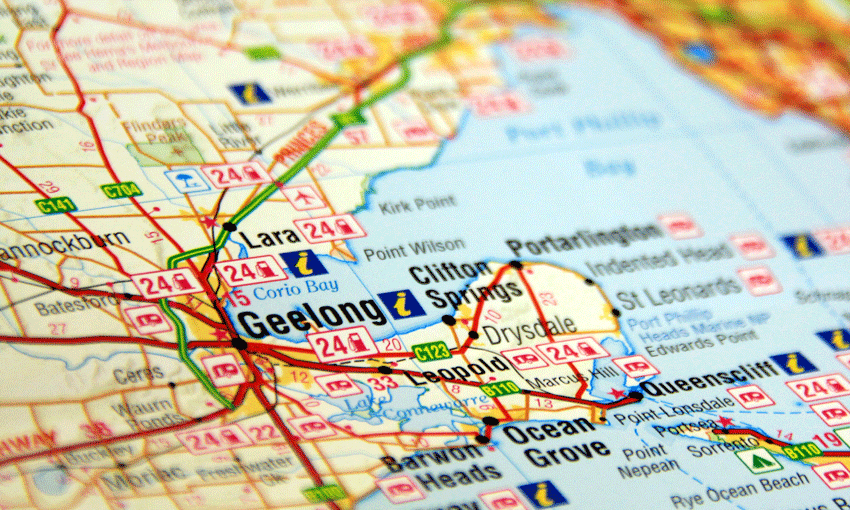GEELONGPORT has commissioned Deakin University’s Blue Carbon Lab to conduct an independent assessment into the environmental and socioeconomic impacts of a proposed LNG import terminal in Geelong.
The evidence-based and independent assessment is to examine the environmental and socioeconomic impacts of the construction and ongoing operation of an LNG import terminal in Corio Bay.
Since late last year, GeelongPort has been investigating options to upgrade its Refinery Pier to help support an LNG facility, while considering Australia’s future long-term transition towards cleaner energy.
GeelongPort general manager of trade and property Bilal Ali Khan said the port is committed to better understanding the impacts a gas terminal operation will have on Corio Bay and the ability for existing and future businesses to operate within the port.
“GeelongPort has a longstanding commitment to supporting trade growth in a sustainable manner and we want to ensure a solution is delivered for Victorians that adequately considers the short and long-term social, environmental, cultural and economic implications of operating an LNG import terminal in Corio Bay,” he said.
“As a regional gateway for critical energy-related trade commodities, our priority is to invest in port infrastructure that not only delivers the safest, most cost-effective option with minimal environmental impacts, but which also helps facilitate Victoria’s transition to a low carbon economy.
“The findings of this research will play a critical role in informing the organisation’s infrastructure investment decisions and GeelongPort’s submission to the Department of Environment, Land, Water and Planning’s Environmental Effects Statement process in relation to the proposed LNG import terminal by Viva Energy.”
Deakin University’s Blue Carbon Lab Professor Peter Macreadie said it was important that decisions are informed by high-quality and independent science.
“In a post-truth world, it is increasingly important that we source reliable information and understand the facts,” he said.
“Blue Carbon Lab’s role isn’t to make decisions, but to approach the issue agnostically and act as an honest broker of information, so that those who are making decisions can clearly understand the potential social and environmental trade-offs if the terminal goes ahead.”
GeelongPort is engaging with its community liaison group to determine the final scope of the research and the findings are expected to be delivered to GeelongPort by the end of 2021.

